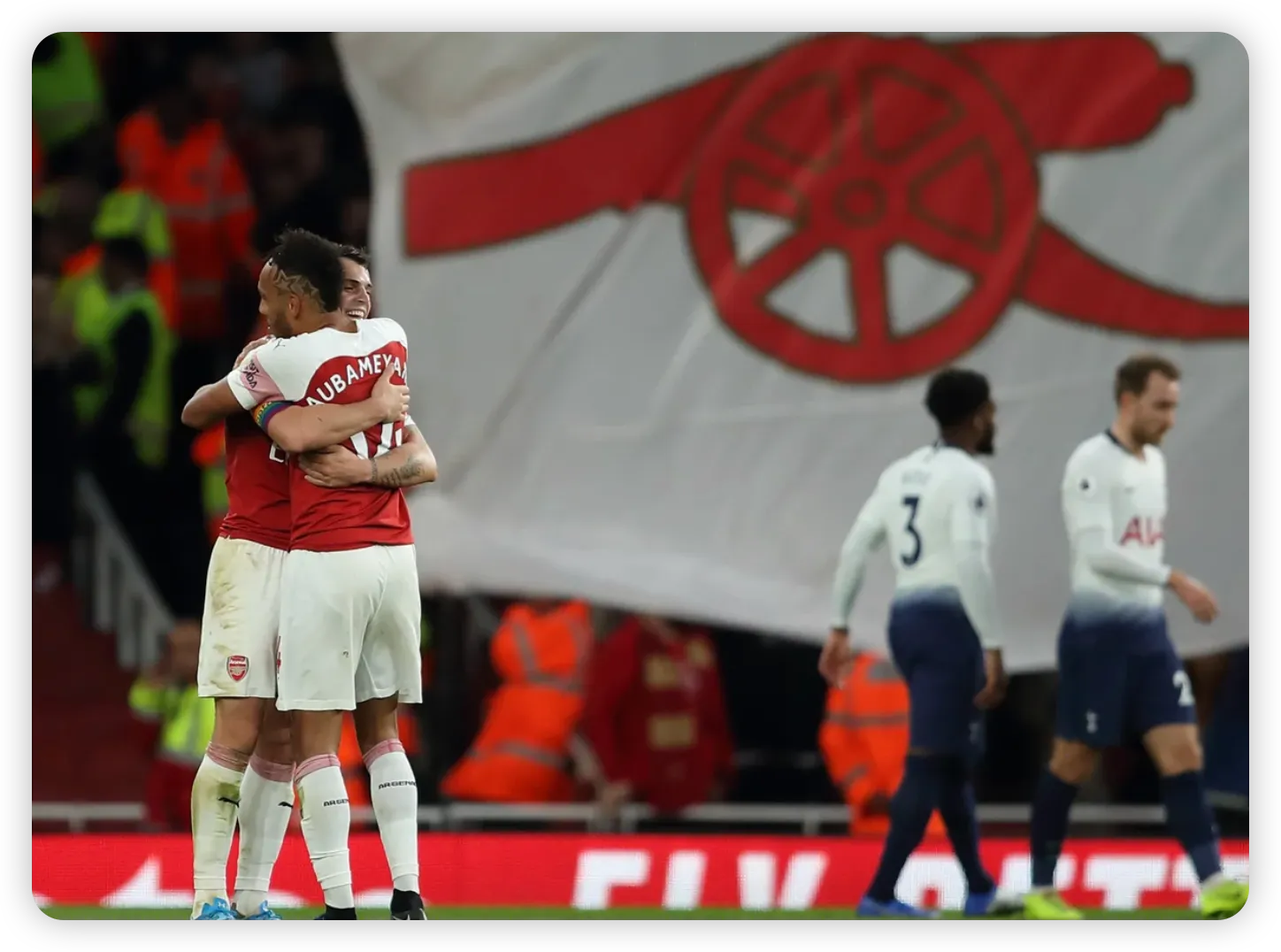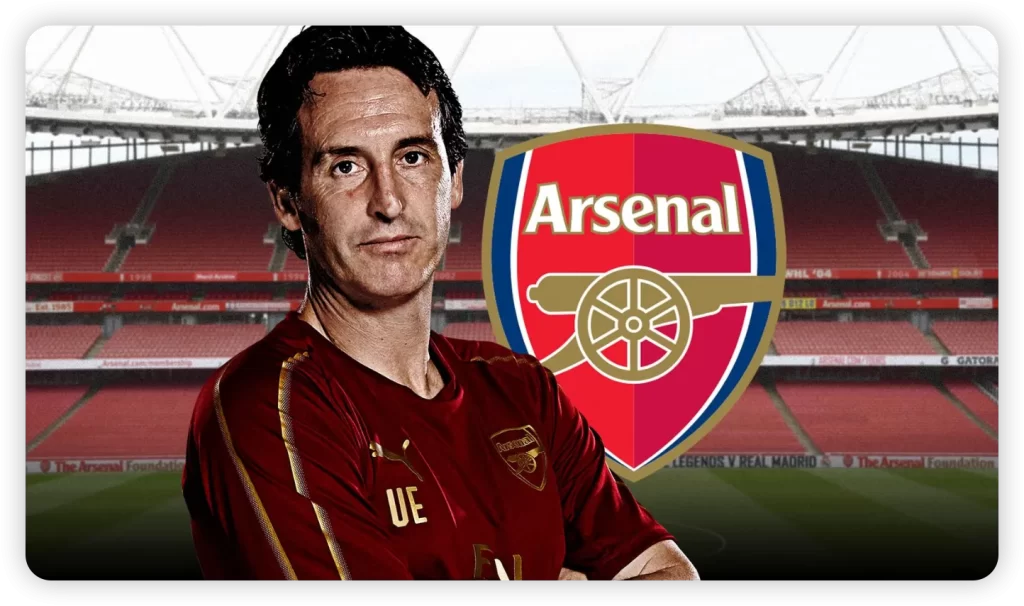The Decline of Wenger’s Legacy and Emery’s Fresh Start
When Unai Emery took over Arsenal in 2018, he inherited a club at a crossroads. The Gunners, once a dominant force under Arsène Wenger, had seen their defensive solidity erode, leading to back-to-back seasons outside the Premier League’s top four. Speaking to Marca, Emery reflected on the challenge: “The Arsenal was in decline. We had to stop it and start climbing.”
Wenger’s final years were marked by a shift—prioritizing attacking flair over defensive discipline. While “The Invincibles” of 2003-04 mastered the balance, later squads struggled. “Only technical quality and offensive freedom were taken care of,” Emery noted, pinpointing the lack of structure as a key issue.

Emery’s Blueprint: Merging Past Strengths with Modern Tactics
Emery’s vision was clear: fuse Wenger’s attacking philosophy with renewed defensive rigor. “I told the players: ‘We started at kilometre zero,'” he emphasized, signaling a total reset. Early in his tenure, Arsenal’s 16-match unbeaten run hinted at progress, but the Spaniard insisted the rebuild was far from complete.
Key Changes Under Emery:
- Defensive Organization: High pressing and structured transitions replaced passive defending.
- Squad Mentality: Instilling resilience in tight games, moving beyond reliance on individual brilliance.
- Tactical Flexibility: Shifting from Wenger’s 4-2-3-1 to varied formations, including a 3-4-3.

Bournemouth Clash: A Test of Progress
As Arsenal prepared to face Bournemouth after the international break, fans wondered: Could Emery sustain momentum? The Cherries, known for their aggressive pressing, offered a litmus test for Arsenal’s newfound defensive resolve.
Expert Insight:
John Dixon, tactical analyst for Mcw casino, observed: “Emery’s Arsenal showed glimpses of balance, but consistency against mid-table sides would define their top-four hopes.”
The Road Ahead: Can Emery Restore Arsenal’s Elite Status?
While Emery’s tenure ultimately ended prematurely, his diagnosis of Arsenal’s decline remains relevant today. The club’s current leadership continues grappling with the same duality—honoring Wenger’s attacking legacy while forging a defensively robust identity.
Final Thought: Emery’s brief reign was a transitional chapter, but his candid assessment of Arsenal’s flaws—“We had to change things”—resonates with fans craving long-term stability.
What’s your take? Did Emery’s changes lay the groundwork for Arsenal’s future, or was his approach too drastic? Share your views below and explore more deep dives on Mcw casino!
Follow Mcw casino for tactical breakdowns, exclusive interviews, and real-time Premier League updates.

